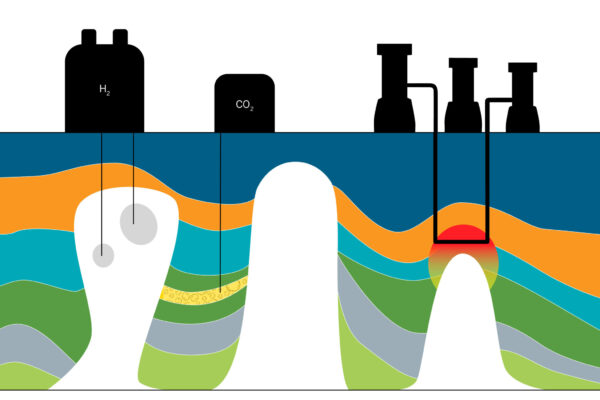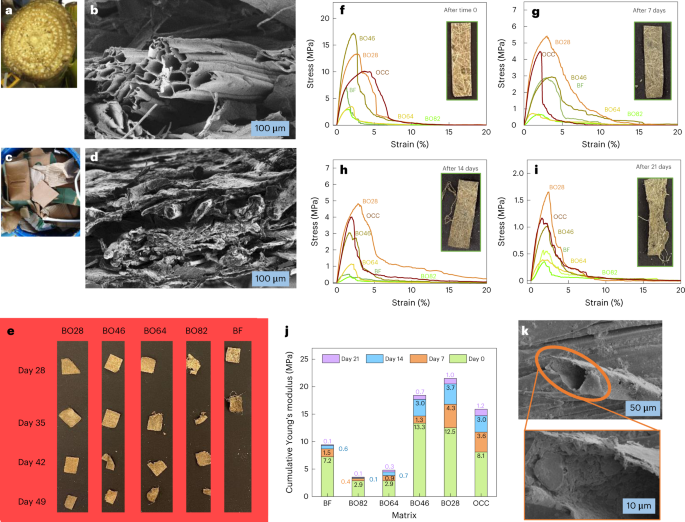2023-02-21 デラウェア大学 (UD)
◆デラウェア大学の研究者が、ダルハウジー大学およびジョージア工科大学の共同研究者とともに主導した大規模な研究は、EVに関連するこの「航続距離不安」の一部を払拭するのに役立つかもしれません。この研究は、2月21日発行の専門誌「Energies」に掲載され、1年から3年の間に333台のガソリン車から記録したデータを分析し、バッテリーサイズ、充電電力、充電場所が異なるEVが同じ走行をこなせるかどうかをモデル化しています。
◆「この論文の主執筆者であるウィレット・ケンプトン教授(海洋科学・政策、電気・コンピュータ工学)は、次のように述べています。「私たちが行ったのは、人々が1年間にどのくらい車を運転するか、すべての移動と停止を区別して把握し、それを購入可能なすべてのEVと重ね合わせることでした。 と、論文の主執筆者であるウィレット・ケンプトン教授(海洋科学、電気・コンピュータ工学)は述べています。「もし、あなたがどのくらいの距離を運転する必要があるかがわかれば、航続距離と充電速度に関する我々のデータから、どのEVがあなたに適しているかがわかるでしょう」。
◆チームの発見は、スニーカーのように、EVはあなたが行きたいところに行けるし、いくつかはより速くそれを行うのに役立ちますが、最も高価なオプションは、投資に見合わないかもしれないことを強調しています。
<関連情報>
- https://www.udel.edu/udaily/2023/february/willett-kempton-electric-vehicle-ev-range-research/
- https://www.mdpi.com/1996-1073/16/5/2104
バッテリーエネルギー、充電電力、充電場所がEVの旅行需要に与える影響 Influence of Battery Energy, Charging Power, and Charging Locations upon EVs’ Ability to Meet Trip Needs
Willett Kempton,Nathaniel S. Pearre ,Randall Guensler and Vetri V. Elango
Energies Published: 21 February 2023
DOI:https://doi.org/10.3390/en16052104
Abstract
One year of high-resolution driving data from a sample of 333 instrumented gasoline passenger vehicles are used to create a trip inventory of U.S. vehicle travel requirements. A set of electric vehicles (EVs) is modeled, differing in battery size (kWh), recharging power (kW), and locations for charging when parked. Each modeled EV’s remaining energy is tracked while traversing the entire sample’s trip inventory in order to estimate how well each EV meets all U.S. driving requirements. The capital cost of refueling infrastructure is estimated per car, for gasoline and for each analyzed combination of charging station locations. We develop three metrics of the ability of different EV characteristics to meet trip requirements: the percentage of trips successfully met by each modeled EV, the number of days that the driver must “adapt” EV use to meet more demanding trip requirements, and the total driver time required for refueling. We also segment the market of trip patterns per car, finding that 25% to 37% of the vehicle population could meet all their drivers’ trip needs with a smaller-battery EV combined with community charging. This potential combination of EVs and charging would enable lower-price EVs and lower-cost recharging power, and would broaden EV availability to groups for whom today’s EVs and charging configurations are less accessible.




